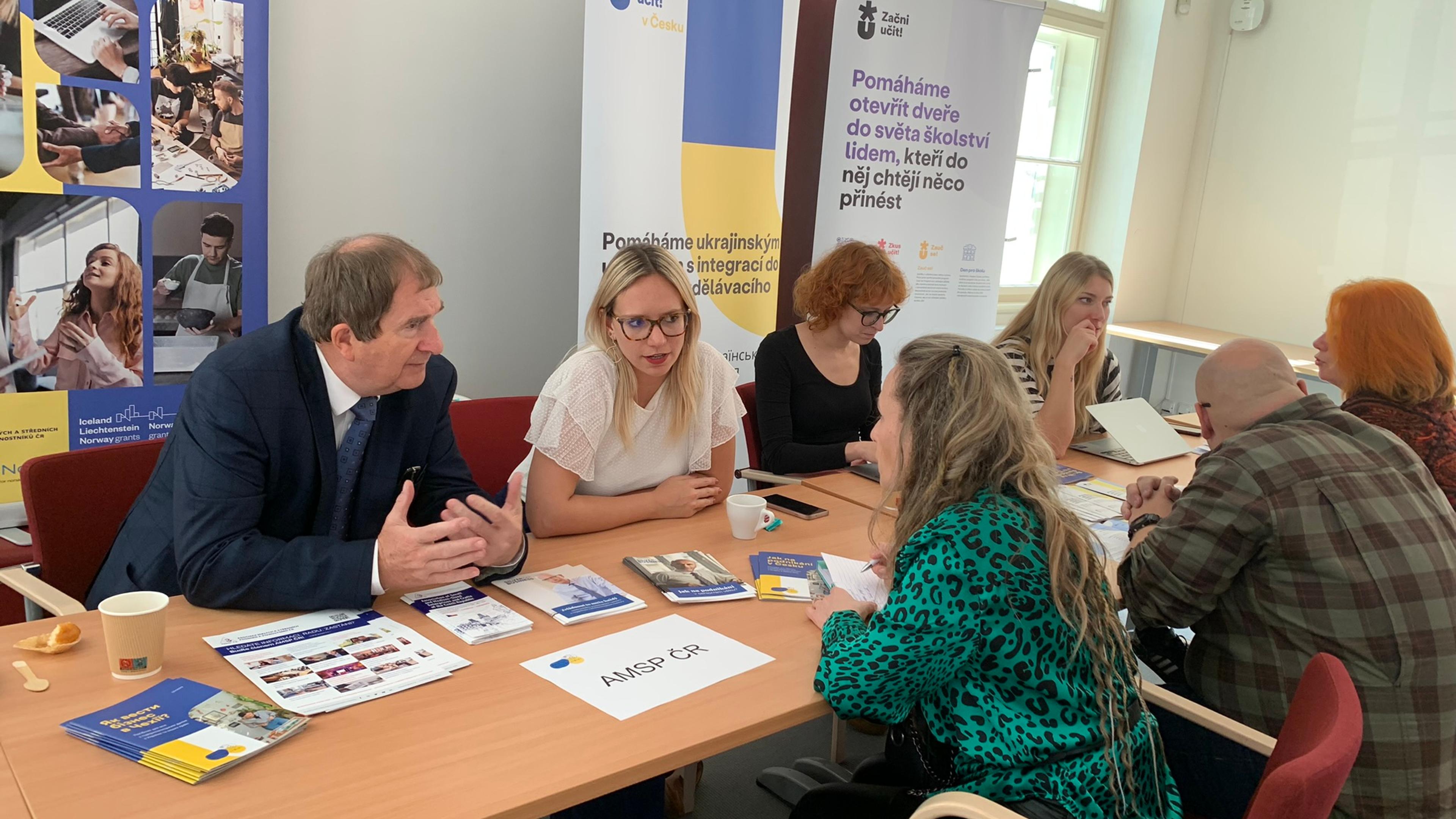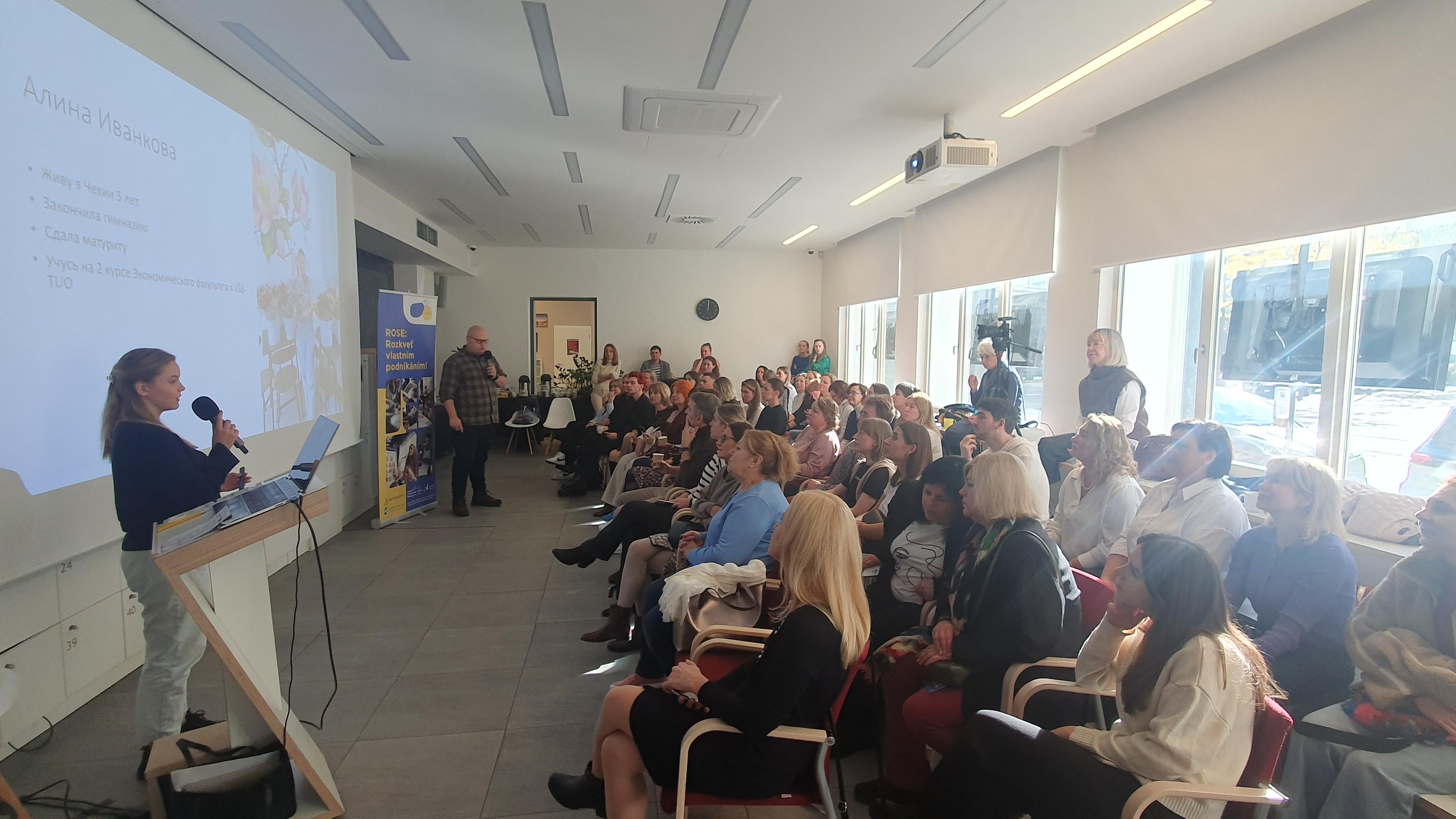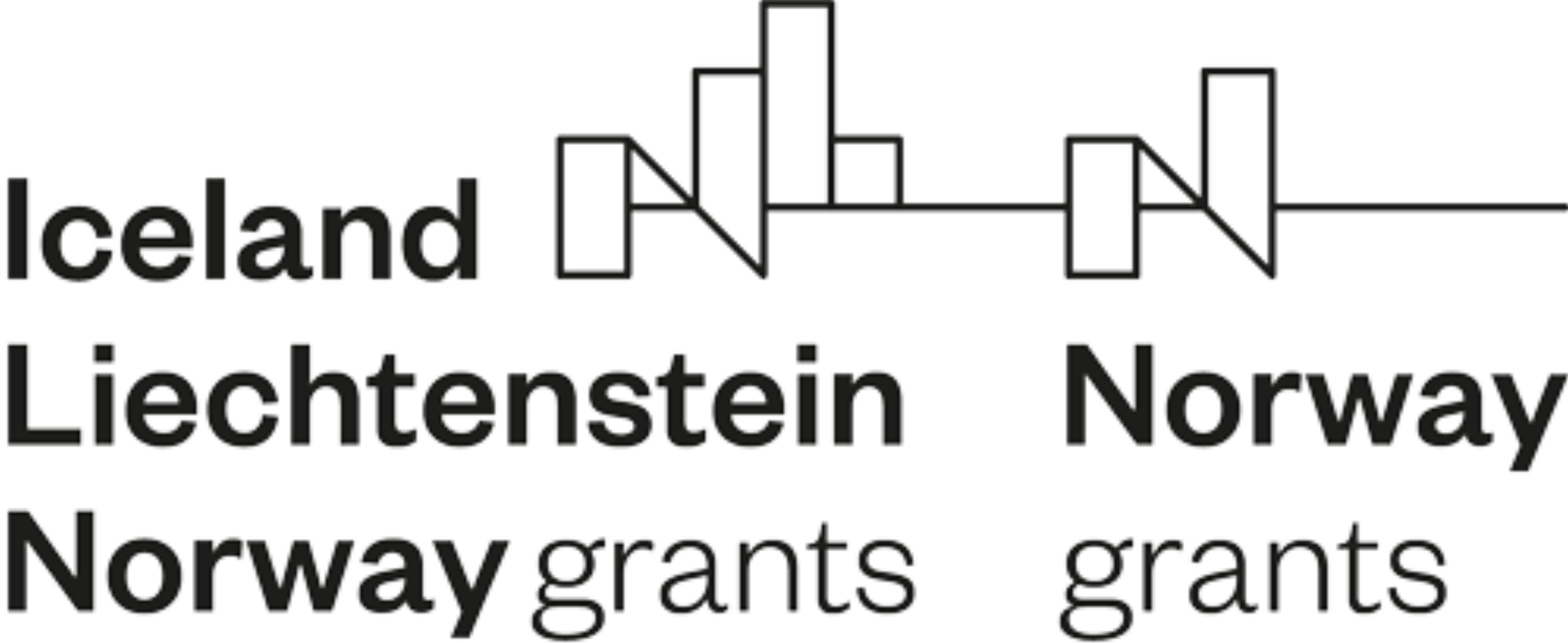Project Rose: Supporting Entrepreneurship Among Refugees
 © AMSP ČR
© AMSP ČRIn the context of Russia’s aggression in February 2022, the Czech Republic has provided refuge to nearly 460,000 Ukrainians. This places significant demands on social partners to ensure the sustainable integration of refugees into the labour market, and access to decent work is crucial for the successful integration of refugees and migrants.
Despite the Czech Republic having the lowest unemployment rate in the European Union, refugees and other marginalized groups still encounter difficulties in finding legal work. Potential barriers may include language, access to childcare, and the recognition of qualifications.
Many refugees have carried out their own entrepreneurial activities in their home countries, possessing skills and experience in entrepreneurship in advance. Nevertheless, the various barriers they encounter may make it difficult to continue their entrepreneurial activities in their host country. The project ROSE, "Road to Self-Employment for Ukrainians and Other Marginalized Groups in the Czech Labour Market," addresses the challenges refugees encounter when establishing a private business in the country.
Three-Part Path to Self-Employment
 © AMSP CR
© AMSP CRThe project consists of three main parts: to increase ASMP CR’s internal capacity, empower refugees and migrants to become self-employed, and increase refugees’ access to decent work.
First, ASMP CR organised study trip to Norway to exchange of know-how and learn about Norwegian experiences in employing migrants and refugees. The visit to SME Norway provided valuable insights into how they support their member companies in adhering to social responsibility, for instance, by employing refugees. SME Norway is an interest organisation for small and medium-sized enterprises in Norway and has been a project partner in ROSE. This collaboration has enabled mutual exchange of knowledge, increasing the capacity of both organisations.
Following the study trip, ASMP CR organised a roadshow in five Czech cities targeted at educating Ukrainian refugees on how to establish a business in the country. This has increased refugees' knowledge, as well as enabling ASMP CR to better understand the obstacles Ukrainian refugees encounter on their road to self-employment. The roadshow also provided the opportunity for refugees to discuss their business plans with experts, receiving advice on the possible directions they could take in their future careers.
Furthermore, the ROSE project has created information materials on business opportunities for marginalized groups and refugees, and a guide for all with an entrepreneurial spirit from Ukraine and other countries.
Continuing Beyond the Czech Republic – Entering the European Market
ROSE facilitates refugees' access to the labour market in the Czech Republic, empowering them to become self-employed. Additionally, the project recognizes the potential for entrepreneurial activities to extend beyond the country, particularly with the possible transfer of businesses back to Ukraine. Refugees can seamlessly transfer their businesses back home, leveraging their acquired experience and business connections, which will also potentially contribute to the rebuilding of the economy in their home country. The project discovered that establishing businesses in the Czech Republic can also serve as a strategic gateway for accessing other European markets, enabling them to more easily enter new markets even when returning to their home countries. This approach not only fosters entrepreneurship but also contributes to the long-term economic development of both countries while facilitating refugees' integration into the European market.
About the Social Dialogue and Decent Work Programme
The Social Dialogue and Decent Work Programme for period 2014-2021 under the Norway Grants has funded 92 projects as a result of four rounds of calls in 12 Beneficiary States. The objective of the Programme is strengthened tripartite cooperation between employer organisations, trade unions and public authorities and the promotion of decent work.
